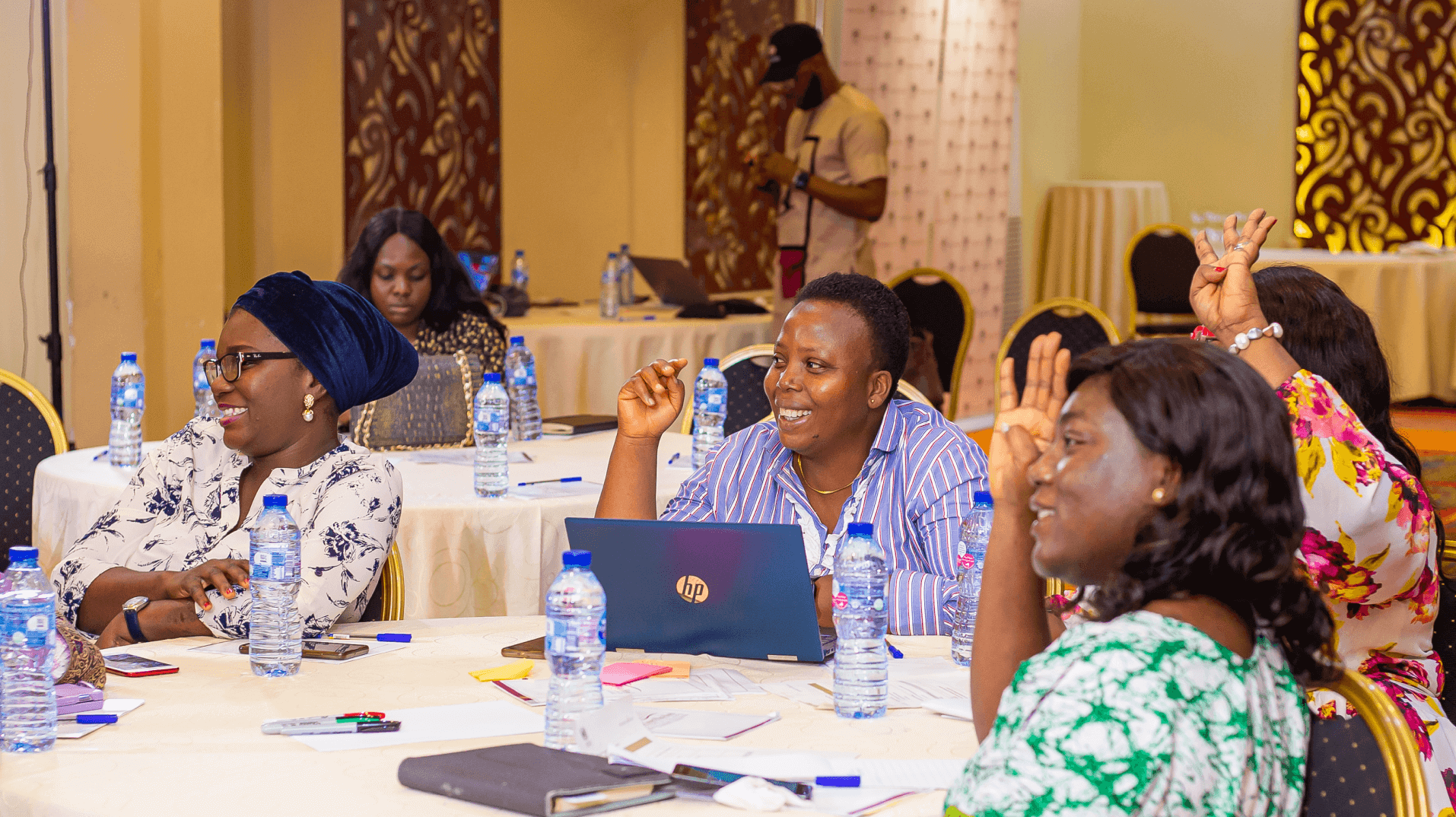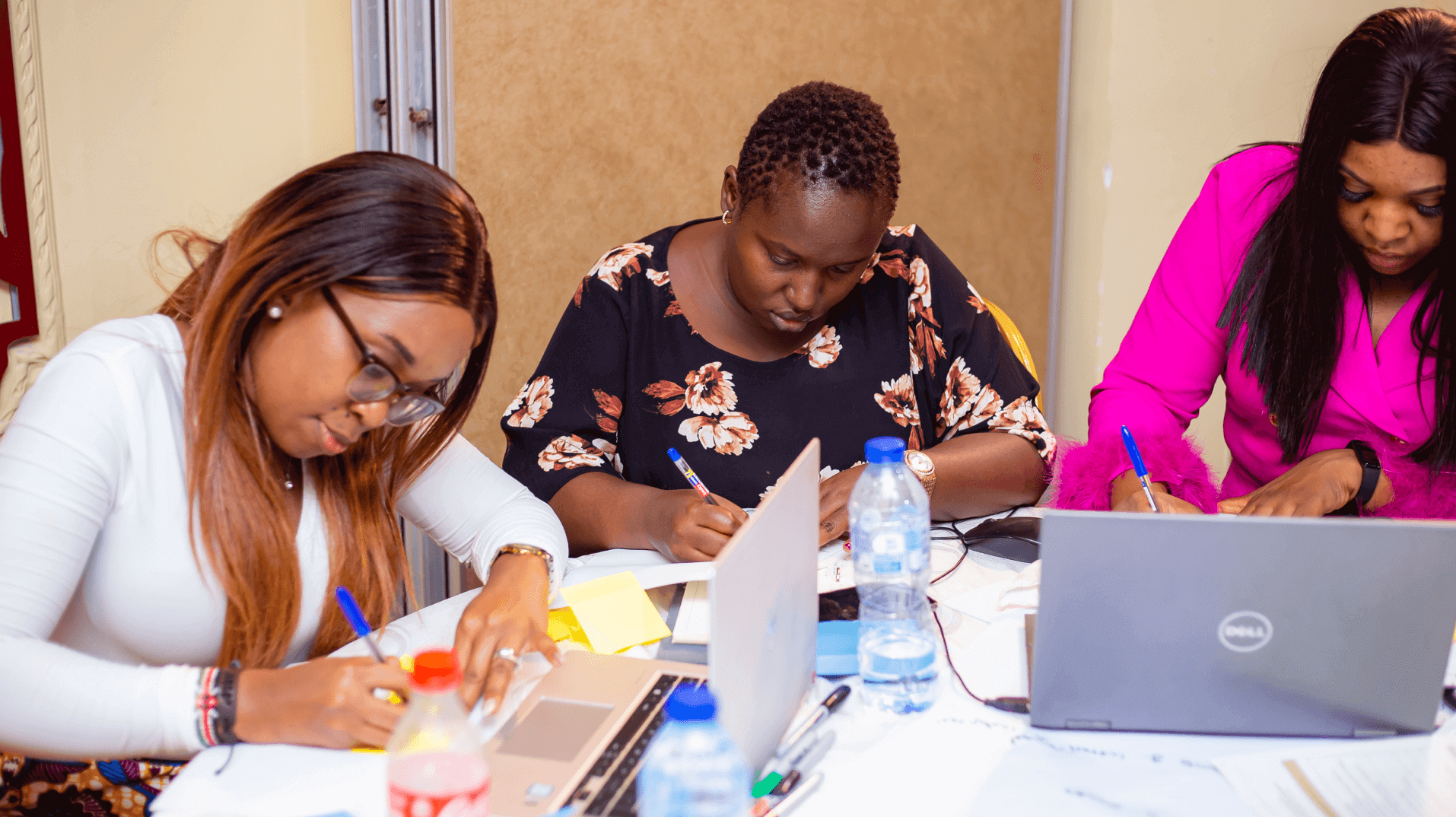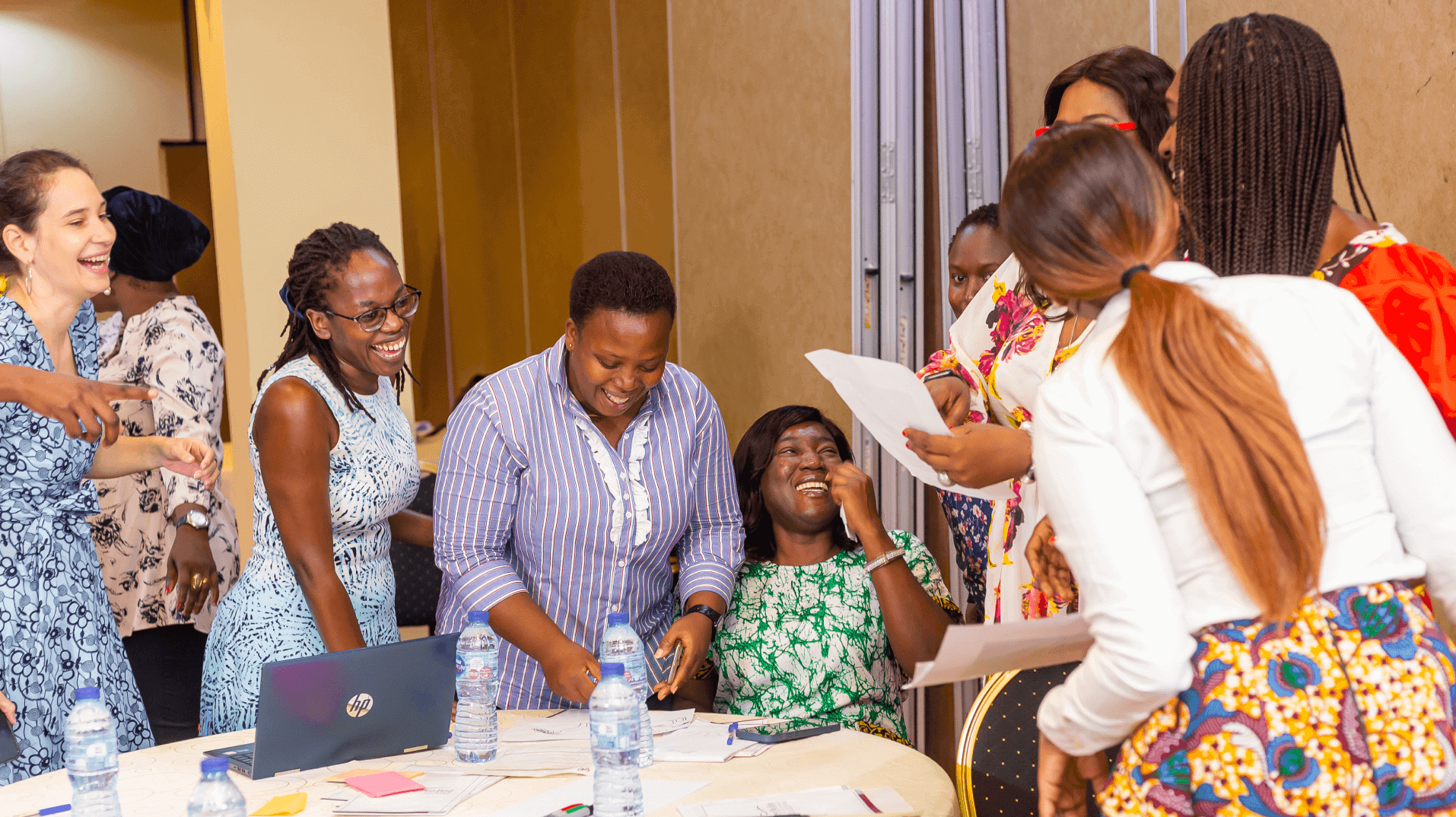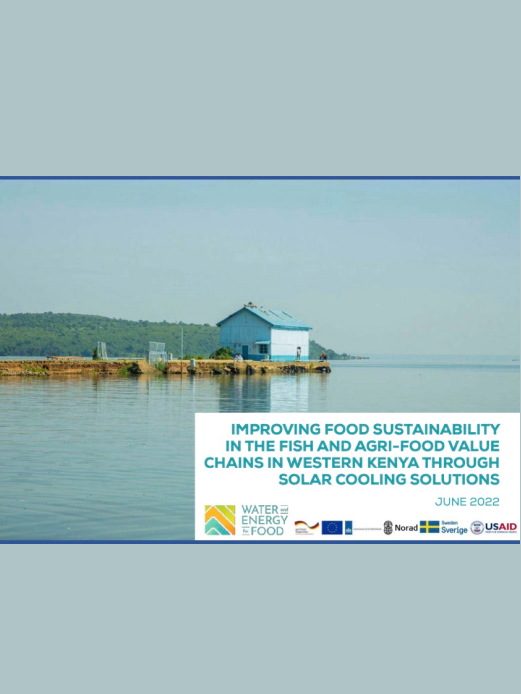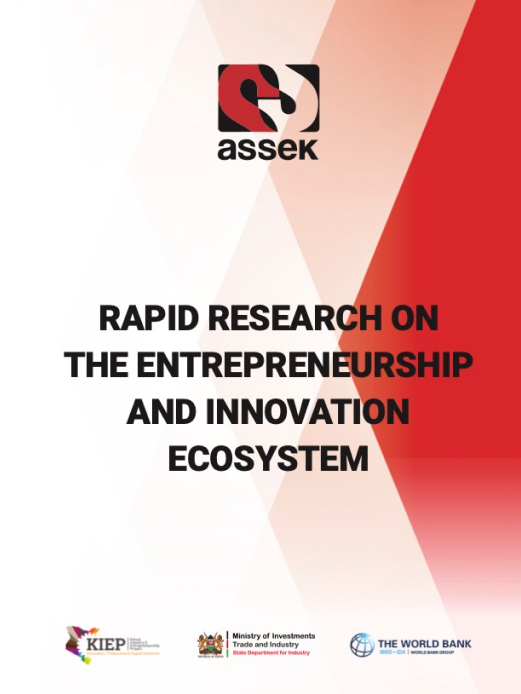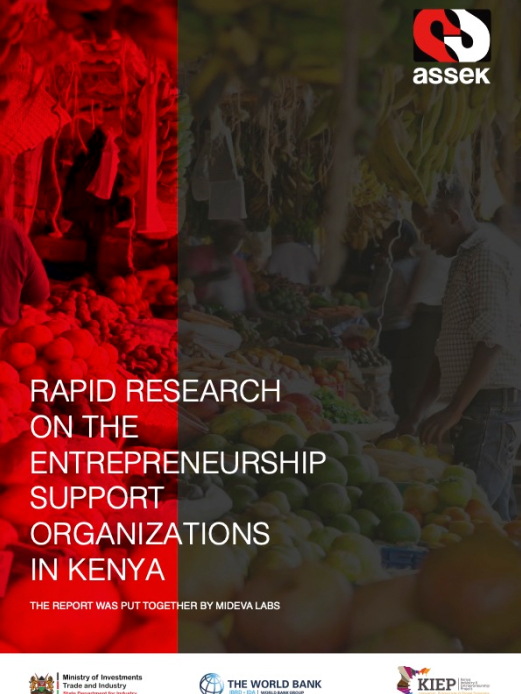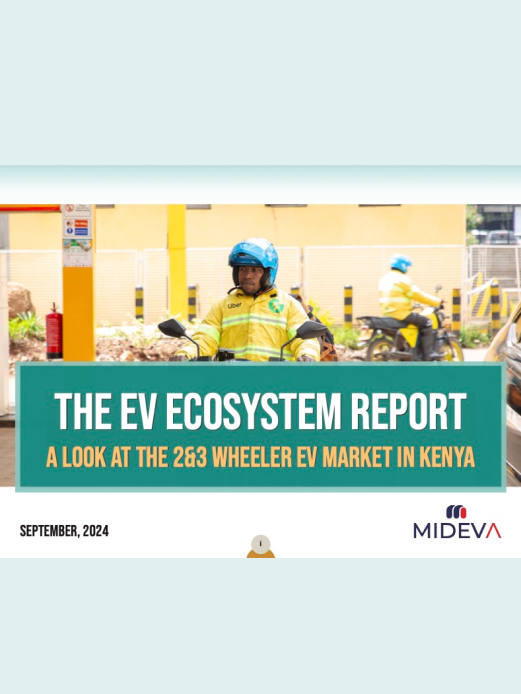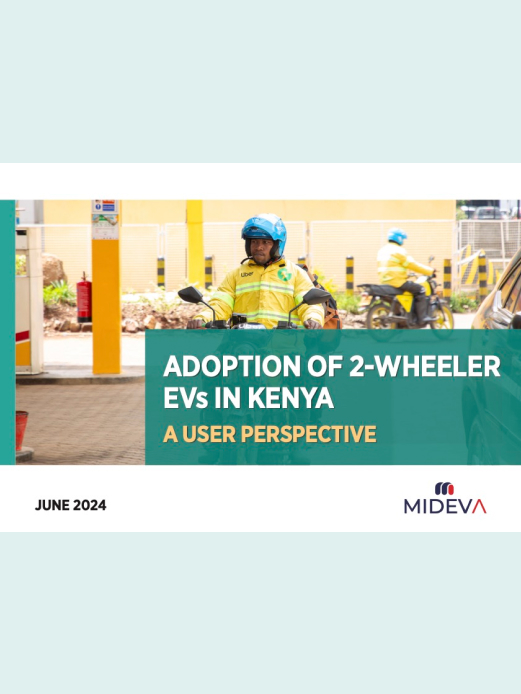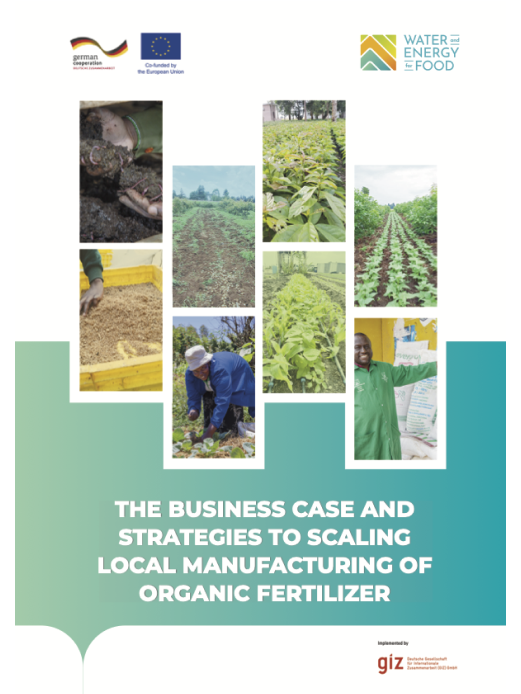
Study on Strategies to Scale Local Manufacturing of Organic Fertilizer
By 2050, the African population is forecast to rise from 1.2 billion to about 2.4 billion. In Kenya, the population is expected to grow to at least 90 million from the current 54 million. Climate change is increasingly being felt by the farming community, which is calling for technologies and products that can help mitigate these effects.

